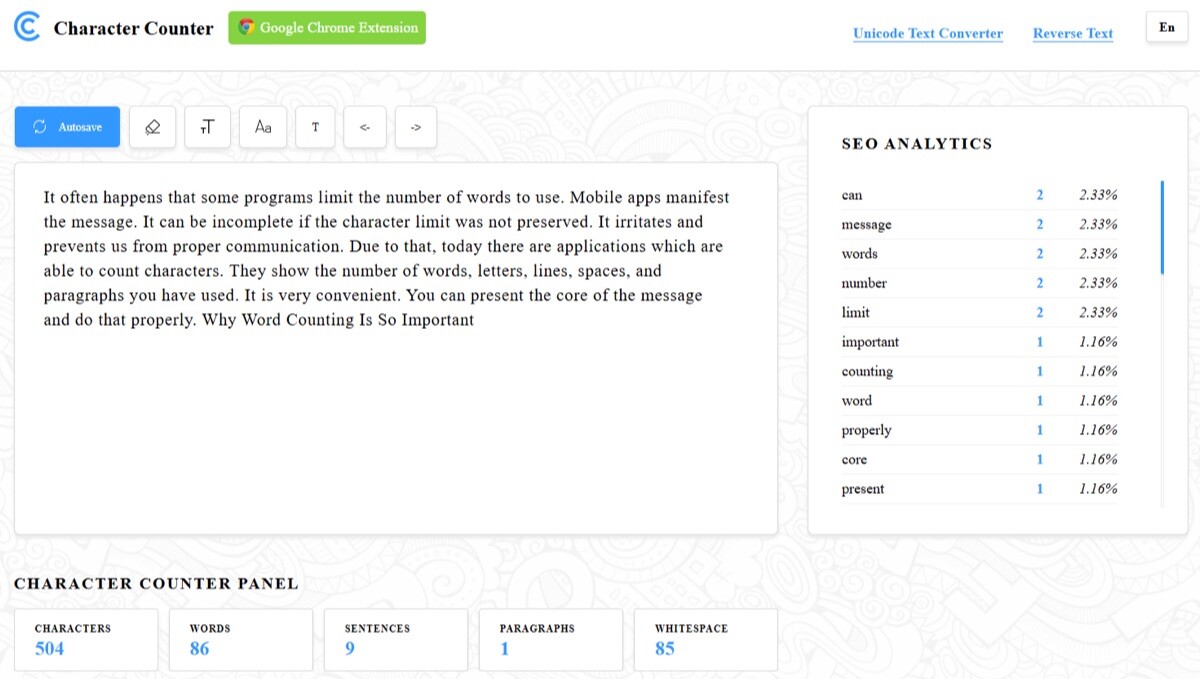
Top Copywriting Secrets for Beginners
Copywriting is the process of writing texts created to stimulate sales, promote products and services, and fill informational websites with content. For any writer, this is an excellent training ground because copywriting involves producing a huge amount of text, which helps you “get the hang of it,” learn to write however, whenever, and wherever you want. Moreover, a copywriter doesn’t need prior experience—everything comes with practice. However, there are ten interesting tricks—secrets—that can help a copywriter become a “high-value” professional in their field. And an experienced copywriter shared where you can earn the most here.
Practical Tips for Engaging Copy
- Use direct appeals to the reader: You, Your, Yours;
- Introduce yourself and refer to your personal experience, adding real-life observations and tips from a practitioner, not a theorist (this works in articles about cooking, parenting, cars, beauty, etc.);
- Identify your target audience (who would be interested in reading about covering gray hair?) and speak their language;
- To gather valuable and informal insights on a topic you don’t understand, use forums: there’s a lot of heartfelt material written there.
- Empathy
The Power of Empathy in Writing
The reader should not only trust the author but also feel that the writer knows what they’re talking about. You need to convince them that you’ve faced similar problems and unfavorable circumstances yourself. And that what you’re writing about helped you overcome a crisis. Persuasiveness is the key to success.
How to Make Your Text More Relatable
- Dive into the specific vocabulary of your target audience (forums, social media comments, and video comments on the topic can help). There are likely particular words and expressions that will add vibrancy and emotion to the text. Not just any words will do—you need to tap into the nerve of the specific social group you’re targeting;
- Small lyrical digressions when describing a problem or solution can be helpful. However, keep in mind that such specific copywriting secrets should be discussed individually with the client to avoid misunderstandings.
Originality in the Mundane
Organizing your work requires clear planning. Set a goal: complete the task on a specific day and at a specific time. A schedule will help you submit the work to your employer on time. However, even the strictest plan should have buffers: in addition to the main deadline, plan extra time during which you can finish the text. Of course, you should stick to any well-thought-out plan, not just create it for the sake of it. A plan helps you avoid tearing your hair out at the last minute and writing in a rush.
Tips for Staying Productive
- Don’t take on multiple tasks at once;
- Create a work schedule and hang it in a visible place;
- Turn off phone notifications and eliminate other distractions when you sit down at your desk.
Becoming an Expert Over Time
Don’t be intimidated by having to write about something unfamiliar. You don’t need to be an absolute expert or a PhD candidate—just read a few articles about the future topic of your text. Then start writing, and if there are unclear aspects, clarify them as you go. The more you write, the better you’ll understand the topic. And after creating many diverse texts, you’ll discover your own methods for studying new subjects.
Learning Strategies for Copywriters
- In your preparation, use not only textual materials but also videos. They often contain exclusive information that’s applied right before your eyes. You can also take unique photos (screenshots) from them;
- If you consistently choose the same topic for your texts, don’t skimp on spending time thoroughly studying it through self-education.
Repurposing Ideas Creatively
In the world of text, nothing fundamentally new has been created for a long time, so don’t be afraid to use existing knowledge. Synthesizing various ideas will inevitably lead to your own. Study similar texts—they’ll provide inspiration for your original ones, allowing you to absorb the best elements.
Best Research Practices
- Read articles from the first three links on Yandex and the first three links on Google. These search engines have different content requirements, and you’ll need to find a balance between them;
- Also, pay special attention to articles that are no older than a year. Information is a perishable product that can become outdated at any moment.
Proofreading and Final Edits
A plan is a plan, but sometimes fatigue takes over to the point that every letter in the text becomes unbearable. In this case, you should take a break. Set a timer for five minutes and do something else. For example, do some exercise. This will positively affect both your overall well-being and your mental state.
It’s also worth noting that after finishing the text, you should take a break and switch to another activity before rereading and editing. During this process, checking the letter count can help ensure your text meets the required length for the platform or format you’re targeting, such as social media posts or ad copy. By the way, no good text can be created without editing—this applies to everything, from a toast at an anniversary to a novel.
Achieving High Income in Copywriting
Be prepared that at first, you’ll have to take on low-paying orders. Employers who pay little don’t expect you to outshine all the copywriters in the world. As you gain experience, you should move on to finding clients directly, choosing long-term employers.
Where to Find High-Paying Clients
- You can do this, for example, through thematic communities on social media or online job boards;
- Additionally, it’s effective to email the address listed in the contacts section of any website.
Copywriting skills are useful for anyone. Mastering this profession will enable you to create excellent texts about anything in the world. This knowledge about yourself gives you confidence in your abilities and endless opportunities for self-realization.

